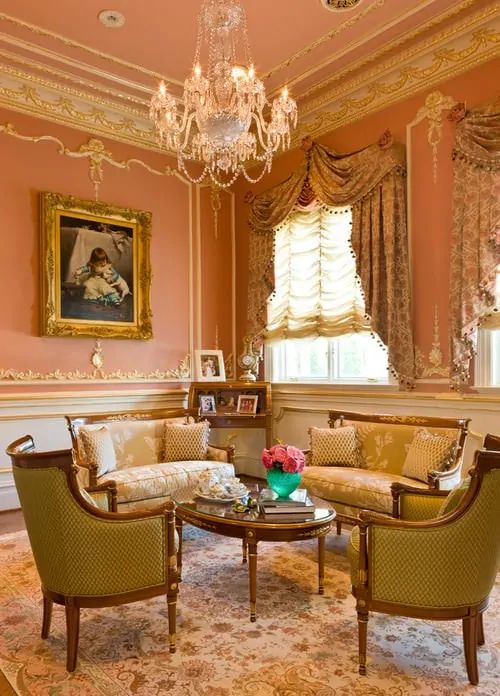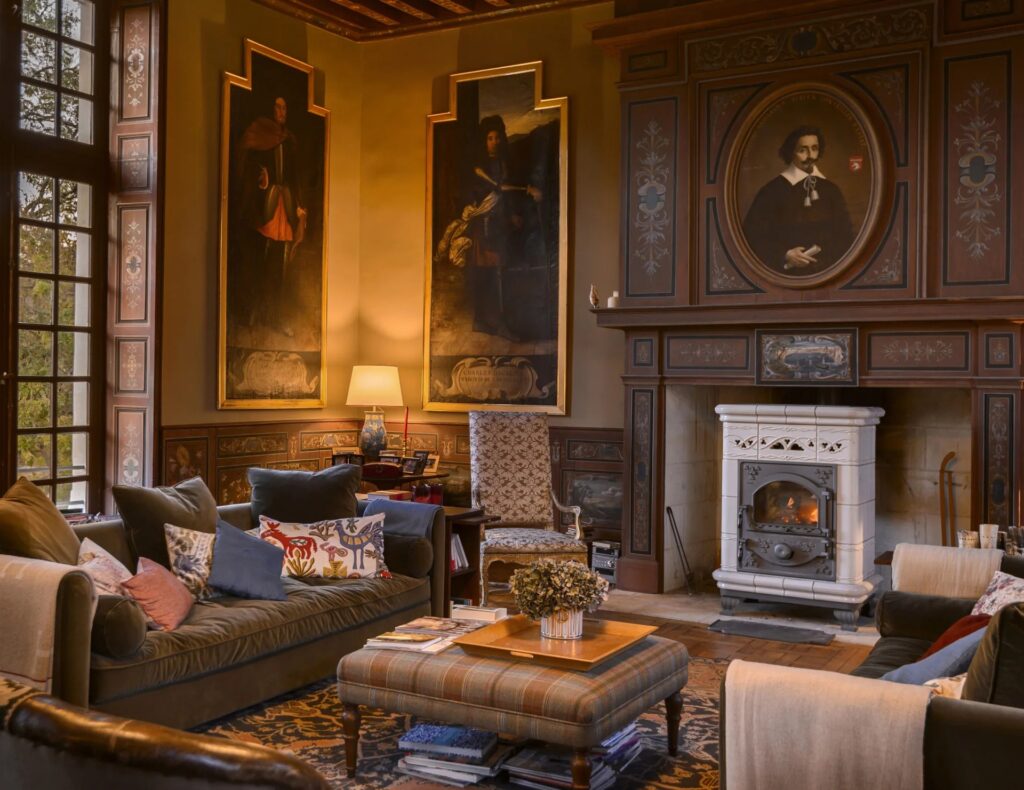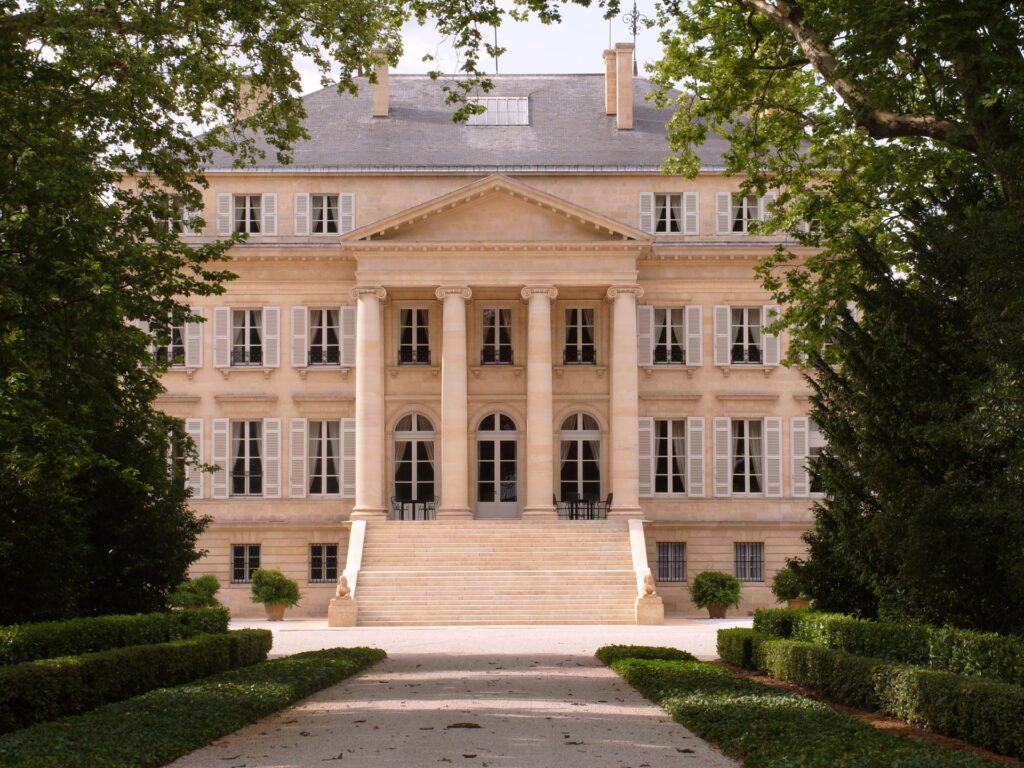Buying and owning a French chateau should be a dream fulfilled: We are here to make this dream happen...


For many, owning a castle in France is the epitome of a dream come true—a personal sanctuary that stands as a testament to history, architecture, and romance. The allure of towering spires, expansive grounds, and walls that have stood the test of time captivates the imagination, offering a retreat into a world of bygone elegance and grandeur. However, this dream, as enchanting as it may be, harbors the potential to transform into a daunting nightmare without careful consideration and expert guidance, particularly for international buyers. This article explores the dichotomy of castle ownership in France and underscores the critical need for specialized advice.
The Allure of French Castles
French castles seduce with their historical significance and architectural beauty. Each stone and turret tells a story, offering a unique connection to the past. The dream of renovating these structures to their former glory, or simply preserving them as a piece of living history, is a powerful motivation. The idea of wandering through ancestral halls, overseeing vast estates, and perhaps even contributing to the local culture and economy, is undeniably appealing.

The Onset of Reality
However, the reality of owning and maintaining a castle in France can quickly overshadow the initial enchantment. Castles, especially those with historical significance, come with a myriad of challenges:
Restoration and Maintenance: Many castles require extensive and costly restoration to make them habitable by modern standards. The maintenance of such large, old structures, along with their gardens and grounds, can be overwhelming and financially draining.
Regulatory Hurdles: French heritage laws strictly govern the renovation and maintenance of historic properties. Navigating these regulations can be a complex process, requiring approvals for even minor alterations, to ensure the preservation of the castle’s historical integrity.
Financial Implications: Beyond the purchase price, the ongoing costs associated with upkeep, renovations, taxes, and utilities can be substantial. International buyers might also face challenges related to currency fluctuations and international banking.
Cultural and Language Barriers: For international buyers, language barriers and cultural differences can complicate transactions and renovations. Understanding and adhering to local customs and legal procedures is crucial to avoid missteps.


While the dream of owning a French castle carries with it an air of romance and historical allure, the practical realities of such an endeavor can quickly become overwhelming. The challenges of restoration, maintenance, and navigation of legal and cultural landscapes require a level of expertise and commitment that should not be underestimated. For international buyers, the support of experts in various fields related to historic property acquisition and renovation is not just beneficial but essential. With the right team of advisors, the dream of owning a French castle can be realized in a way that honors both the buyer’s vision and the storied past of these magnificent structures.
The Need for Expert Guidance
Given these challenges, the role of expert guidance cannot be overstated. Specialized advisors—ranging from real estate agents with experience in historic properties, to lawyers, architects, and historians familiar with French castle renovations—can provide invaluable insights and services:
Navigational Support: Experts can help navigate the complex web of legal and regulatory requirements, ensuring compliance and avoiding potential legal pitfalls.
Cultural Interpretation: Local advisors can bridge cultural and language gaps, facilitating clear communication and understanding between international buyers and local authorities, contractors, and communities.
Financial Advisory: Specialists in French property law and international real estate transactions can offer advice on managing the financial aspects, including taxes, banking, and funding for restoration projects.
Restoration Oversight: Experienced architects and contractors who specialize in historical renovations can guide the restoration process, balancing modern requirements with historical preservation.

